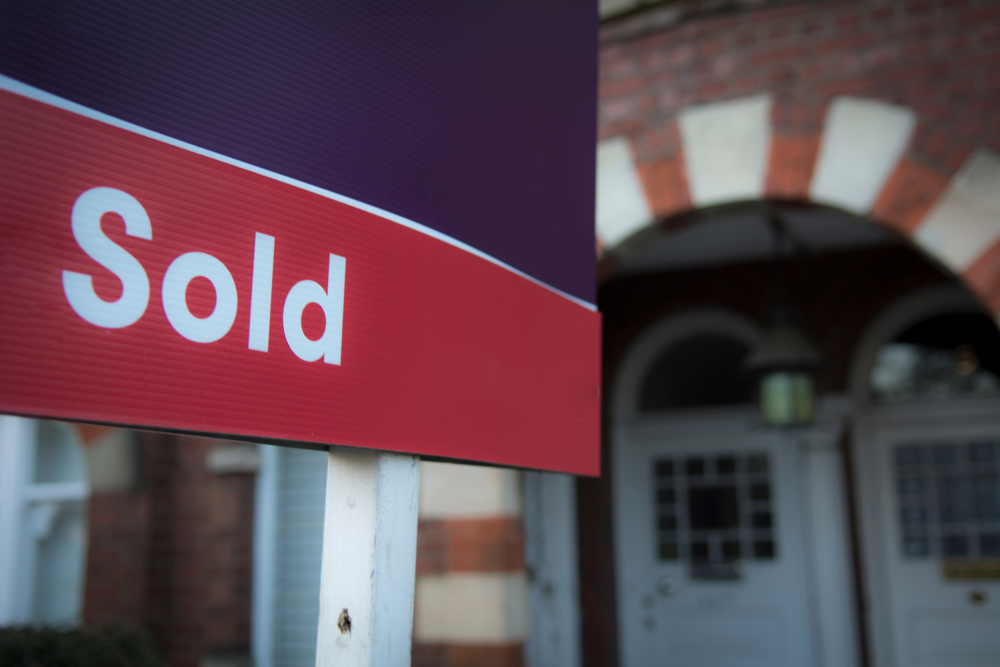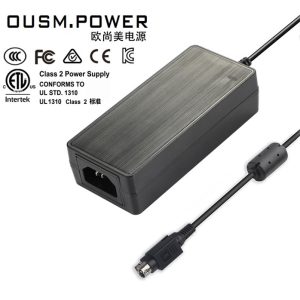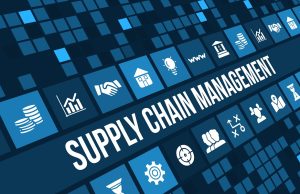What You Need to Know About Conveyancing

If you are planning to buy or sell a property, you will need to know about conveyancing. The conveyancing process involves legal agreements, stages and costs. You will also need to find a lawyer to help you with the transaction. There are several tips that will help you navigate this process. The following article covers some of the most important topics associated with conveyancing.
There are many factors that affect the cost of conveyancer melbourne services. The cost of conveyancing services will be affected by the price of the property, the delivery method and the type of transaction. There is no one way to determine the cost of a project. However, there are some things you can do to make sure you don’t get surprised by the final bill.
Conveyancing costs include legal fees, which can vary depending on the type of property and location. These fees cover the various legal aspects of the transaction, such as property searches, notary fees, document reviews, and filing costs. A buyer may have to pay a fee for a title check and to record a new Deed.
The fees charged by solicitors can vary widely. Some solicitors charge a flat fee while others charge a percentage. In some cases, a quota is used to set the solicitor’s fee. In others, a solicitor may charge for bonus paperwork. Whatever the case, the costs of conveyancing are significant.
There are several stages involved
There are several stages to a conveyancing transaction. Each stage will be described by the conveyancer. These stages involve the transfer of ownership from one owner to another. A conveyancing solicitor will ensure that the transfer of ownership goes as smoothly as possible. The table below outlines the stages of conveyancing.
Before the contract exchange, the buyer must get a mortgage agreement and a survey of the property. Settlement figures must be obtained by the seller’s lawyer. These figures can reveal hidden liabilities. These liabilities can cause delays or prevent a transaction from being completed. The entire process can take a long time, so it’s important to ensure that you’ve planned ahead.
The legal agreements involved in conveyancing are vital for both the seller and the buyer. These agreements give both the seller and buyer a better understanding of the property. A buyer can find out about the financial status of the property, while the seller can gain more insight into the business. A seller must also disclose any latent easements within the property.
Legal agreements involved
A property contract outlines what each party can and should do. It also lists the price of each property and the date of the exchange. Conveyancing involves the preparation and signing of a contract. The seller may hire solicitors or conveyancers to assist with the process. Covenants and restrictions are also included on the property, including restrictions on future development. Additionally, title deeds record information about the property.
A verbal agreement may be legally binding in certain cases, but it is not binding if one party withdraws. Therefore, it is essential that any agreements regarding conveyancing are in writing. Verbal agreements are not legally binding until both parties exchange written contracts. When the buyer and the seller exchange the contracts, they become legally bound to the terms of the verbal agreement.
The buyer and the seller then reach an agreement regarding the completion date. The seller’s solicitor obtains copies from the planning consents and current information from the seller and prepares a contract for conveyancing. The seller also completes a list of fixtures and fittings included in the price. Buyers can request additional items and negotiate a separate price. The contract is then sent to the buyer by the seller’s solicitor for their approval.
Finding a conveyancer
There are many factors to consider when choosing a conveyancer. The best conveyancer will be thorough, have years of experience, and be thorough. A good conveyancer will be able explain to the buyer any encumbrances and work towards their removal. A skilled conveyancer should also be chosen for similar transactions.
Generally, conveyancing fees will be around 5% of the total purchase price. This will depend on the property’s complexity and may include searches, documentation, and Land Registry administration. You should clearly list the fee so that you can budget for it. But, it is important to ask if the quoted fee includes any contingencies and fees.
It is important that you are specific about the type and amount of help or advice that you require. For example, do you need price comparisons, contract reviews or legal advice? Additionally, you should consider the level of experience, credentials, and willingness of the conveyancer to work closely with your needs. Once you have decided on the type of assistance you require, you can begin looking for a lawyer.
A good conveyancer should belong to the Solicitors Regulation Authority, or Law Society. It is also important to make sure they are licensed by the CLC. The right conveyancer can make the process easier and less stressful. Make sure you take your time, shop around and get several quotes from different conveyancers. Look for one who has a lot of experience in this field.




